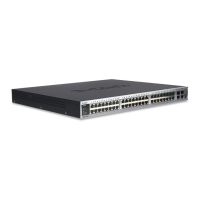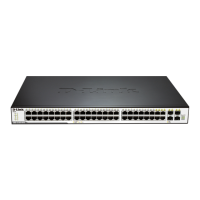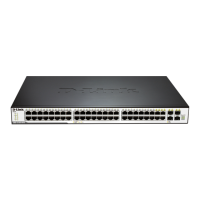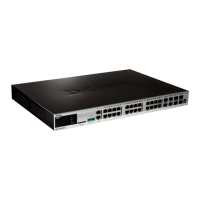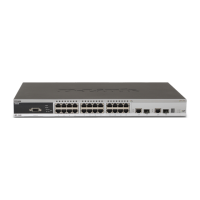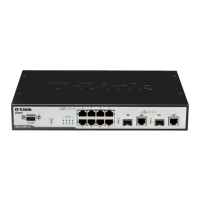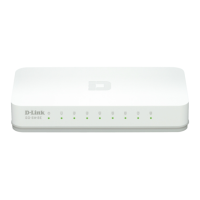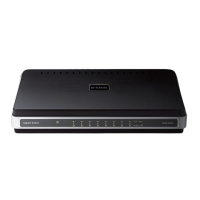32.1.2 Type of IPv6 Address
In RFC2373, there are the following three defined types of IPv6 addresses:
Unicast: Identifier of a single interface. The packet to be sent to a Unicast address will
be transmitted to the interface of this address identification.
Anycast: Identifiers of a group of interfaces. The packet to be sent to an Anycast
address will be transmitted to one of the interfaces of this address identification (select
the nearest one according to the route protocol).
Multicast: Identifiers of a group of interfaces (In genera, they are of different nodes).
The packet to be sent to a Multicast address will be transmitted to all interfaces which is
added to this multicast address.
The following will introduce these types of addresses one-by-one:
32.1.2.1 Unicast Addresses
IPv6 unicast addresses include the following types:
Aggregateable Global Addresses
Link-level Local Addresses
Site-level Local Addresses
IPv4 Addresses-embedded IPv6 Addresses
1. Aggregateable Global Addresses
The format of the aggregateable global unicast addresses is shown as follows:
| 3 | 13 | 8 | 24 | 16 | 64 bits |
+--+-----+---+--------+--------+--------------------------------+
|FP| TLA |RES| NLA | SLA | Interface ID |
| | ID | | ID | ID | |
+--+-----+-----+------------+-------------+-------------------------------------------- +
Above figure contains the following fields:
FP field (Format Prefix):
The format prefix in an IPv6 address, 3 bits long, used to indicate which type of addresses
the address belongs to when it is in the IPv6 address space. This field is ‗ 0 0 1‘, which
indicates that this is an aggregateable global unicast address.
